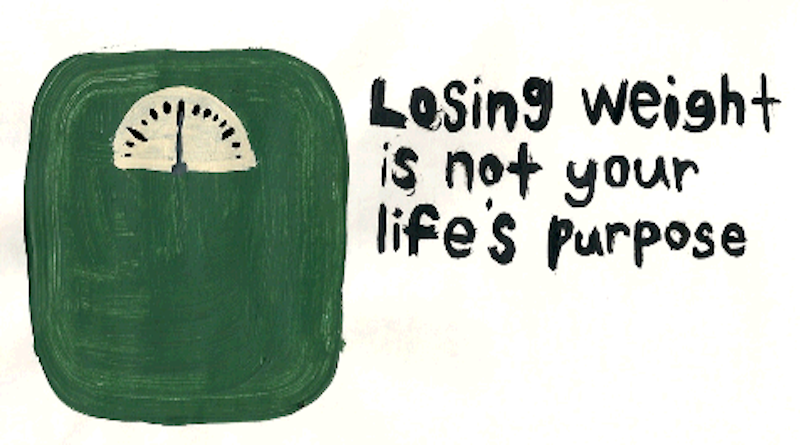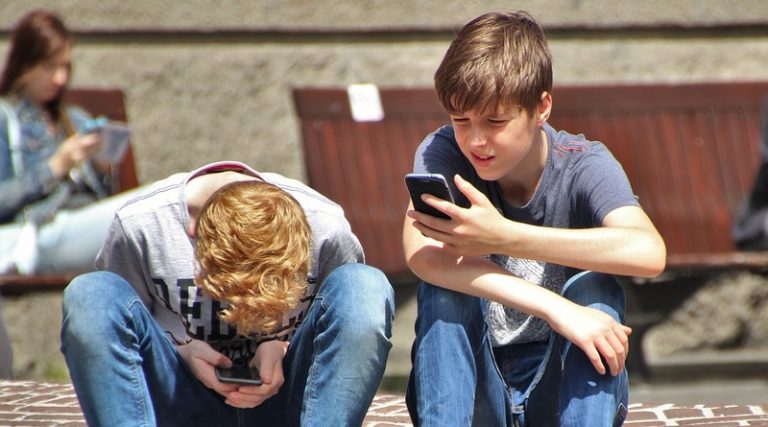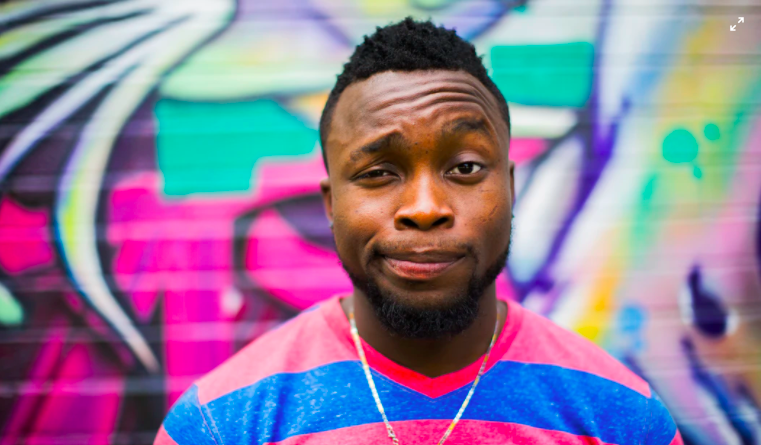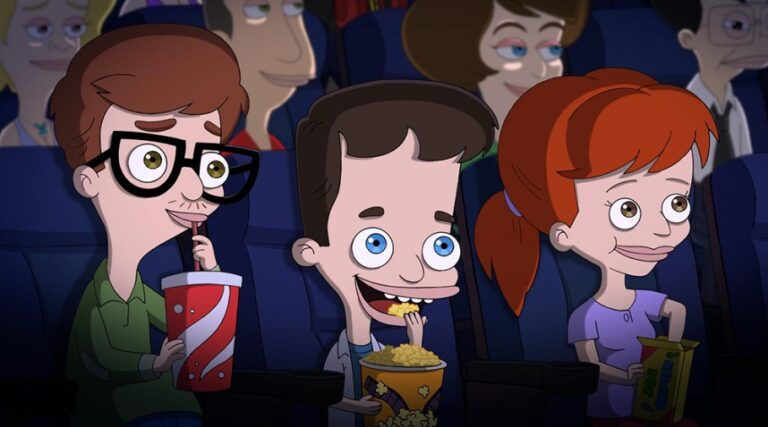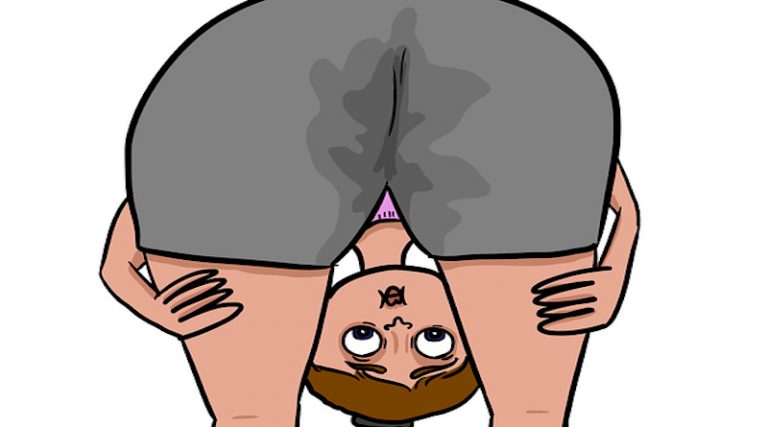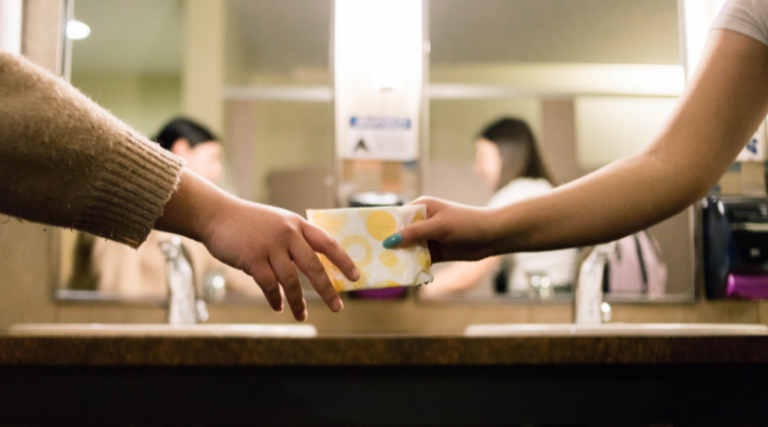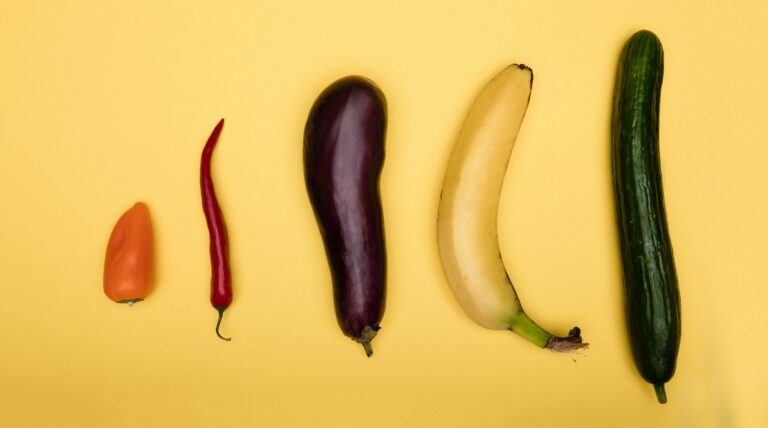Blog: Breaking Up With My Diet READY FOR REVIEW BY LUCY
In this personal essay, Charlotte Miller shares her story of growing up constantly feeling pressurized to diet and how she gave up dieting and eventually learned to love her body and all bodies
For many of us, dieting has been a part of our life since we were pretty young. Can you remember when you first went on a diet? For me I was 12 years old. Isn’t that ridiculous?
Young people should be carefree, enjoying hanging out with friends, reading, watching TV, or doing anything other than worrying about our weight. But for me, and many others, I believed I wasn’t thin enough very early on in life. As a child, I knew I was bigger than my friends. My family critically commented that I loved food. And they were right, I did, and still do, love my food. But, don’t shame me for that.
“You’re big boned”
“You’ll never be thin”
“Your belly is big”
“You’re greedy”
“You’re piggy”
I don’t remember exactly when I heard those things, but I was very young.

Starting secondary school, I was really nervous and asked my older sister for advice on how to fit in and be liked. She started talking about what I should order at lunch. I was really confused. Why would people care what I ate? In primary school I would always rush up when the cooks shouted “Who wants seconds?”, I would always make cakes with my family, and I’d always ask for more food.
So, why now did I have to care what other people thought? My sister told me that if I wanted to have fast food, I couldn’t have a chicken burger and chips, I had to choose one, otherwise people would call me fat. She also said I could only sometimes have cake for the same reasons. Of course I listened, I didn’t want to be called fat. Unfortunately we’re taught that fat is a bad thing, which by the way is ridiculous. But those little comments influence how you think and you eventually start to believe them too.

Not long after I started secondary school the cycle of dieting began. After a few weeks on my first diet, I lost a considerable amount of weight. And people said nice things. My friends and family told me I looked amazing, and some people even said I looked healthier now. But I wasn’t healthier. I was miserable and obsessed with food. Counting every calorie, eating only low fat food, and constantly exercising. My life’s purpose was surrounded around food.
I first went on a diet because I thought I was too big. In my head I had an image of what I wanted to look like. I learnt this from magazines portraying unrealistic standards of beauty. These were thin and tall models whose bodies were airbrushed to look even thinner and taller than they really were, but I didn’t know that at the time. Or these women were struggling with their own eating disorders; they were thin, but they didn’t eat.
I was striving for something completely unattainable and unhealthy. But no-one stopped me. I felt valid from those few compliments, so I continued dieting. My value was entirely tied to my body, rather than my personality or intelligence. And the thing with dieting is that your size is never good enough, for yourself, but, for other people too.

With dieting you often become judgmental of other people’s eating habits as you believe you’re better because you’re “taking care of your body”. As I sank deeper and deeper into this diet I began to believe that thin is healthy and fat is unhealthy and people should just have more self-control. I became unkind and even said incredibly mean things to my sister about her weight.
After a few months on this diet, I could finally fit into size 8 clothes, which I thought was my ideal size. I believed that as soon as I got to this goal I would be happy and finally be able to eat what I wanted. Of course, that didn’t happen. My legs were thin, but my thighs still touched and my stomach was still too big. I didn’t think I was good enough. I would constantly google “Why do my thighs touch?” The overwhelming response on google: you’re overweight.

Another strange thing happened when I dieted. I found that there’s a fine line between too fat and too thin. People start giving you compliments when you lose weight, but then if you lose too much weight that’s bad too. A few months into this diet I was at my lowest ever weight of 105lb. I was in my grandma’s kitchen wearing jeans that were extremely baggy because I’d lost so much weight. My grandma pulled at them and said that now I was too thin, that everyone was very concerned because I’d lost too much weight. It seemed that whatever size I was, it wasn’t good enough for me and also for people around me.
When your value is tied to your body, it’s so easy to get into an endless cycle of dieting. It doesn’t matter how much weight you lose or muscle you gain, you’ll never get to that “dream result”.
The reason for that: it doesn’t exist.
After my first diet, many more came after. I would dip in and out of diets for the next 10 years and my weight would heavily fluctuate. I’d always think that this time, this diet would be the one where I would get to my dream weight. I can now say that I have a much healthier relationship with food and I no longer diet. For one, I LOVE doughnuts, and I’m no longer ashamed to eat them whenever I want.

When I was a teenager, I remember thinking that by the age of 25 years I would be at my ideal weight. I’m now 25 years old, and not at the weight I dreamed of when I was younger. But I’m much happier and more confident with how I look. I’m here not through dieting or “wellness eating” or whatever new concept they now use to make us hate our bodies, but through unlearning all the negative beliefs I held about weight, beauty, and food.
I listened to the discrimination my fat friends face on a daily basis, read some incredible feminist magazines that celebrated and normalized fat bodies, mainly gal-dem, Bitch Magazine and LadyBeard. I also followed some body positive influencers and fat positive nutritionists on Instagram. Including Megan Jayne Crabbe, Stephanie Yeboah, Kitty Underhill, Christy Harrison, Tess Holiday, and Jameela Jamil.
Through these people, I began to understand my own thin privilege and learn about people who experience fat shaming that is WAY worse than anything I’ve ever faced. They also challenged my perception of beauty and helped me begin valuing my body and all bodies by questioning new diet fads, such as celery juice diets. I learnt to understand my own struggles with food and also how to challenge people who are fatphobic or stigmatize weight.
If you’re struggling with accepting your body, remember your looks do not determine your value.
You’re smart, intelligent, witty, kind, and there’s so much more value in those qualities than what your body looks like.
But also, your body is beautiful in all its rolls, cellulite, stretch marks and other things we think we should hate.

It’s not an easy process, and some days will be harder than others. But just know you’re not alone. There’s other people who are also going through similar struggles who can help. And there is a way out. There is a way to unlearn all these toxic beliefs about hating our bodies.
This year I decided that I’m no longer making comments on people’s bodies. When we tell our friends who are on a diet that they look amazing, we’re essentially telling them that they looked terrible before. That they were unworthy before they lost weight. And that’s simply not true.
You are always valuable and worthy regardless of your body and weight. So instead, I now compliment people’s personalities, and it feels real good. So please be kind to yourself and others, take up space in this world, and never ever let someone make you feel bad because of your body.
Losing weight isn’t your sole purpose.
My friends, you are beautiful.


